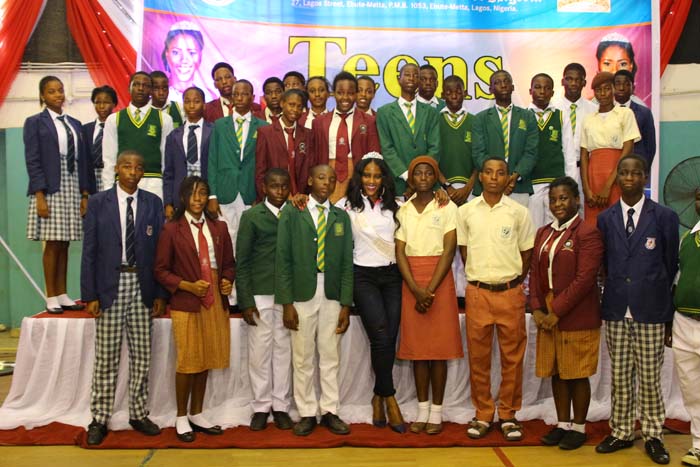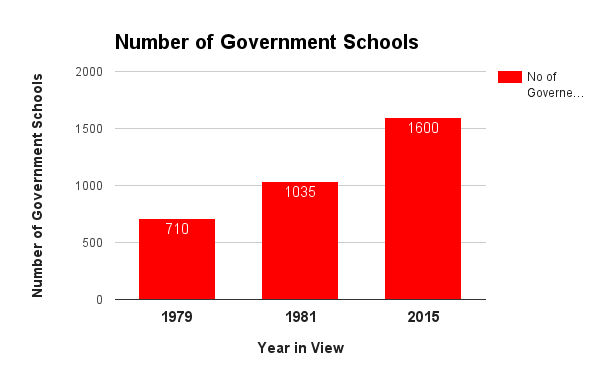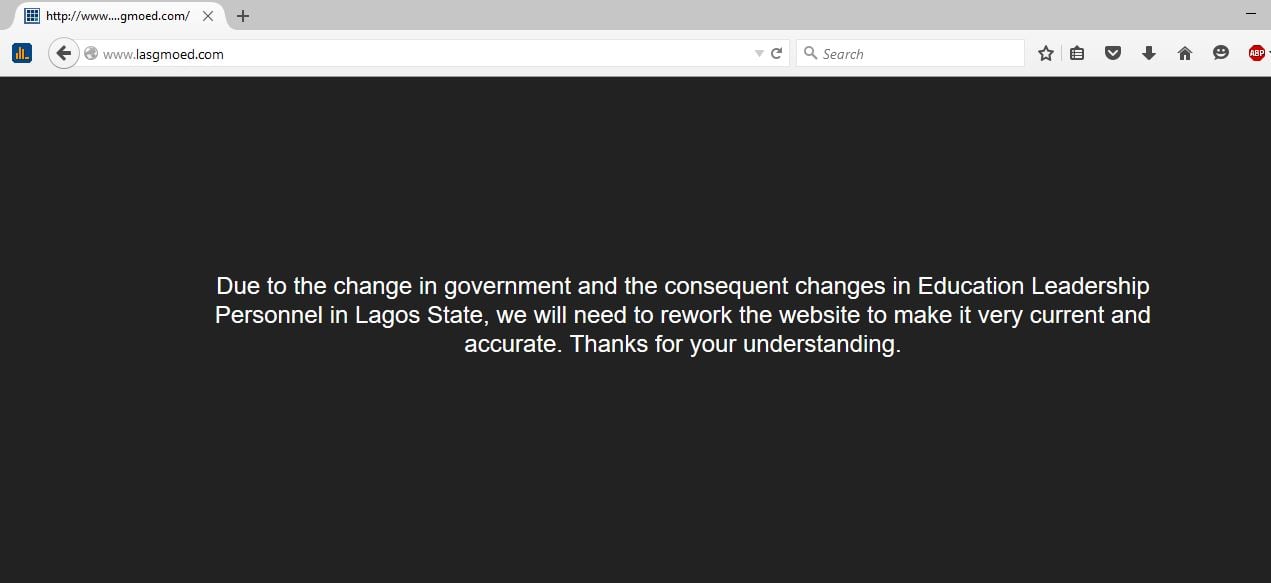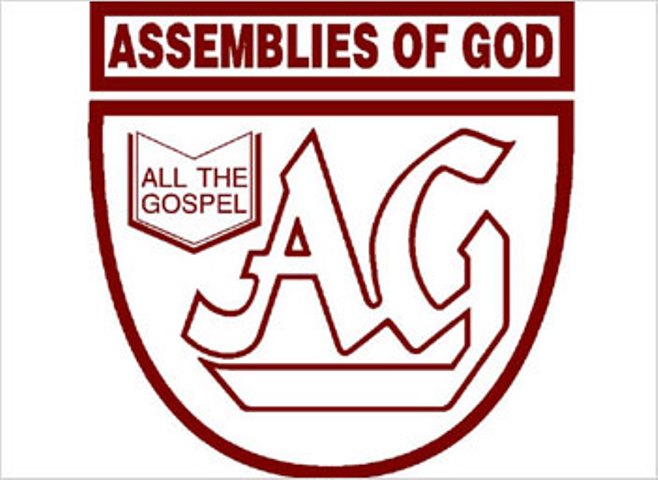Lateef Jakande, the first civilian governor of Lagos state is regarded as an icon of good public education in the state, after the order of Obafemi Awolowo’s free education. As far back as 1979, Lagos state had an education deficiency that led Jakande to construct the much-maligned makeshift classrooms, which his critics branded “chicken pens”.
Despite criticism, Jakande went on to build at least 22,000 classrooms, abolishing the school shift system, catering to over 800,000 school children at a time where the population of Lagos was under 5 million as confirmed by data from the Lagos state government.
In 2014, the population of the state soared to 21 million but the number of public schools since then has barely doubled, moving from 1,035 in 1981 to about 1,600 in 2014.
Advertisement
The United Kingdom Department for International Development (DFID) launched an intervention for the Developing Effective Private Education Nigeria (DEEPEN) in 2013, with a five-year plan to create a “vibrant and dynamic market for private education, especially in low-cost schools across Lagos”.
According to DEEPEN, there are about 18,000 private schools in Lagos, covering school requirements from pre-school to senior secondary school.
Against popular opinion that private schools are high-paying schools, many of these schools are low-fee paying, with tuition ranging from N0 to N25,000 per year for low-cost, N25,001 to N50,000 for medium-cost and N50,001 to N100,000 high-cost private schools.
Advertisement
Schools above N100,000 per year are regarded as premium schools, and many of those are approved by government, having little or no policy issues to deal with.
All these private schools are currently catering to about 1.4 million school children, some 300,000 more than the 1.1 million being served by 1,600 public schools.
However, the body language of the government seems to be “choking” private schools out of existence, with heavy taxation and strenuous regulations non-applicable to public schools.
For instance, DEEPEN identified more than 20 taxes, fees and levies these schools are required to pay from their meagre fees.
Advertisement
These levies include waste management (LAWMA), radio/TV charge, business premises, land use charge, signage (LASAA), Lagos state education management system (LASGEMS), special permission levy, fumigation levy.
If these schools were not in place regardless of their “mushroom” status, more than a million children would have no place to go.
These realities are brewing questions regarding the capacity of the government in one Africa’s largest city to single-handedly handle the teeming educational needs of its young population.
There are a few factors preventing government from providing education to its growing population; the increase in the number of schools does not correspond to the population of the people, while there are frequent changes in government policies on education.
Advertisement
This picture from the Lagos state ministry of education website (www.lasgmoed.com) tells the entire story. After over a 100 days into the new dispensation of Akinwumi Ambode this still exists:
Advertisement
“Africa rising” is the order of the day, but Africa will not rise as high as it ought to if its youths remain uneducated. If the government cannot keep up, can we conclude that private education is the solution to educational problems in Lagos?
Advertisement
Add a comment






